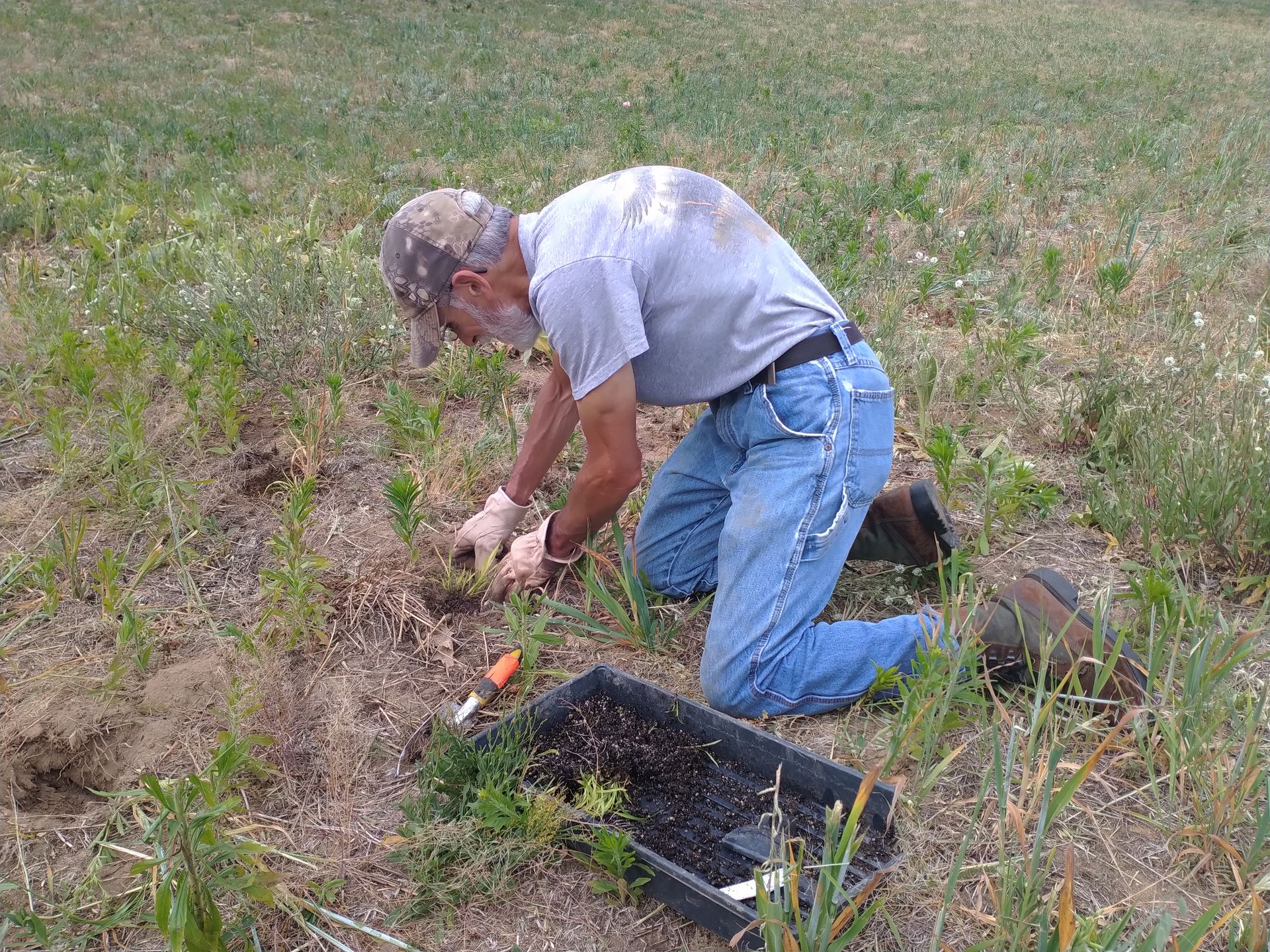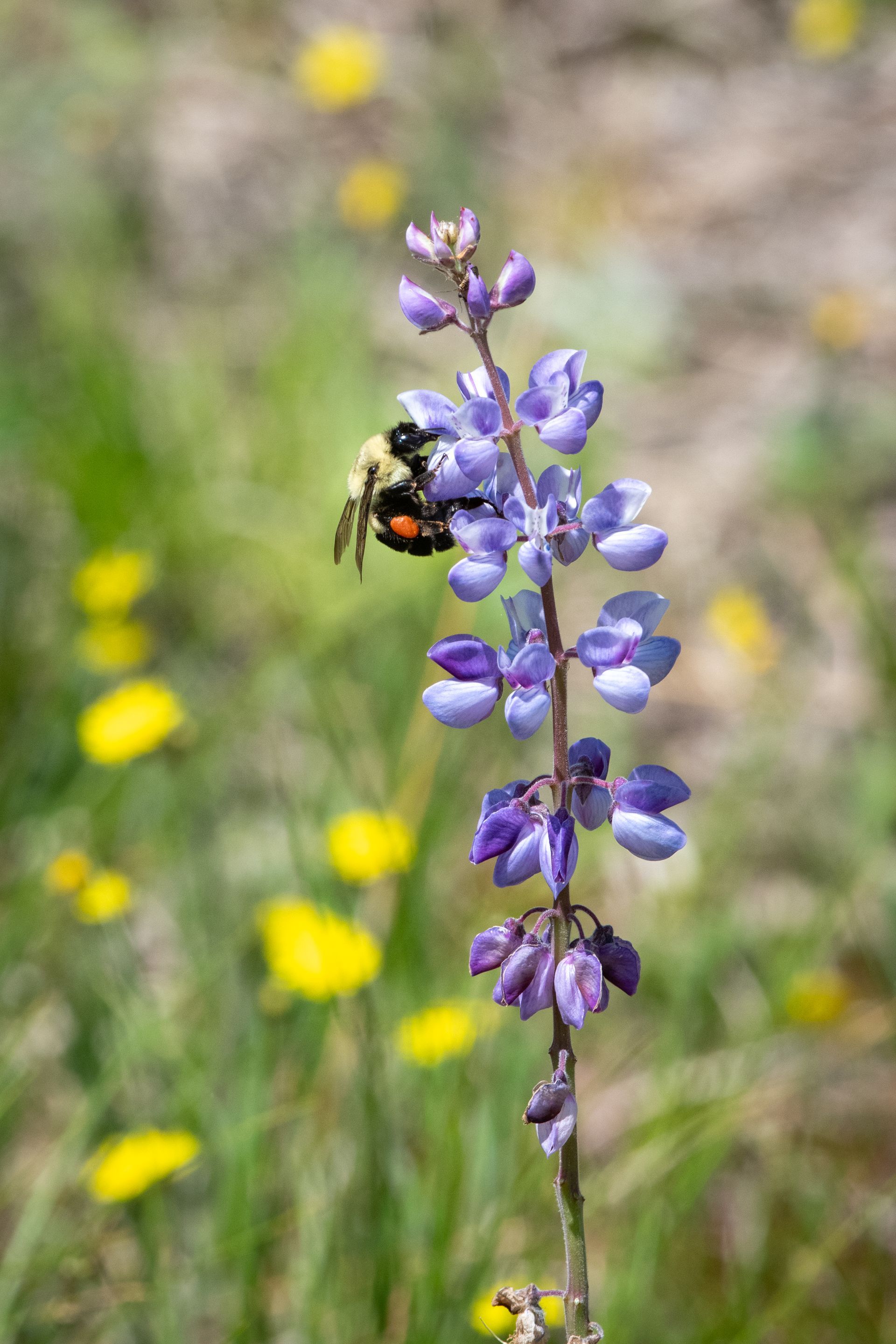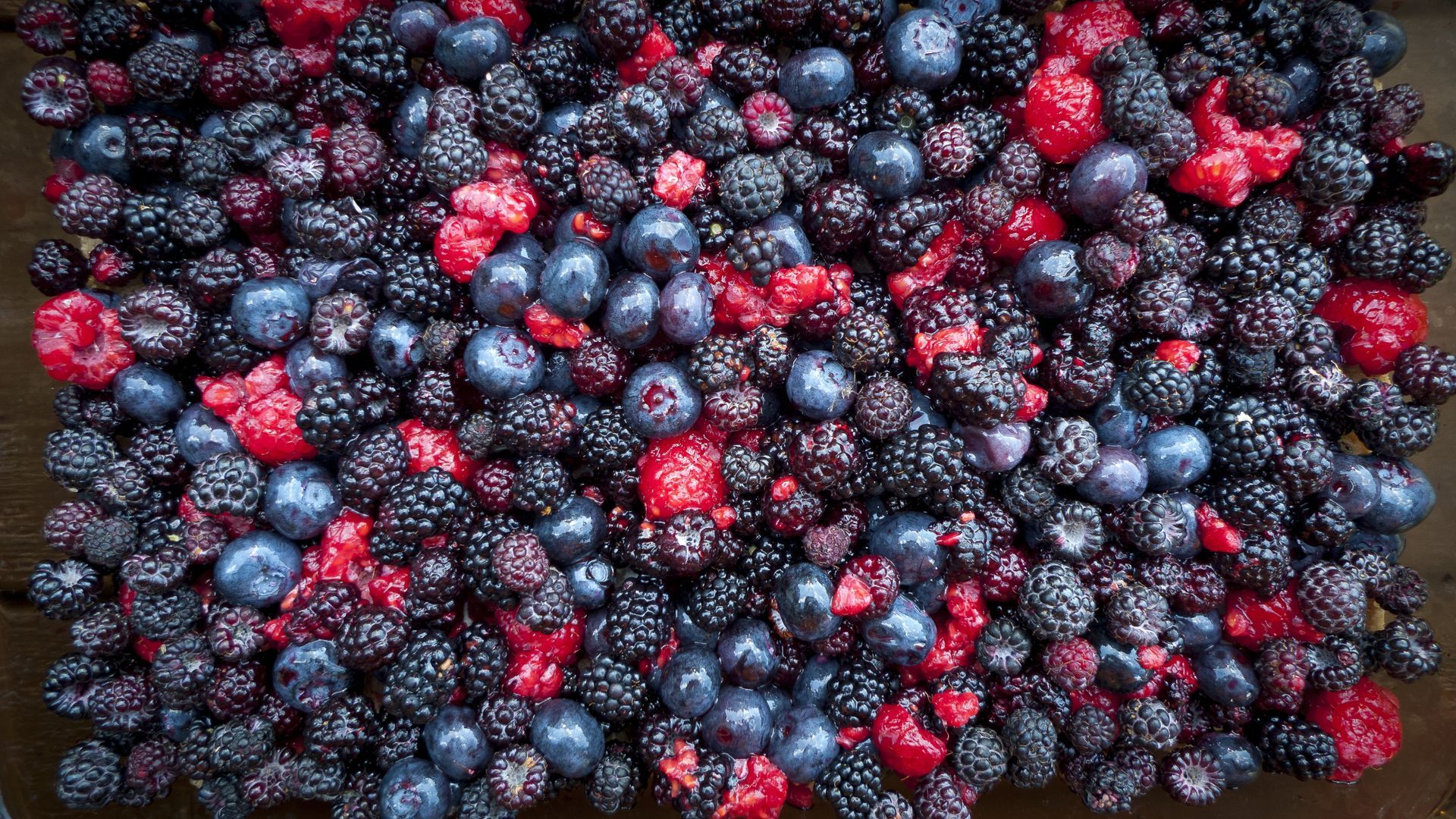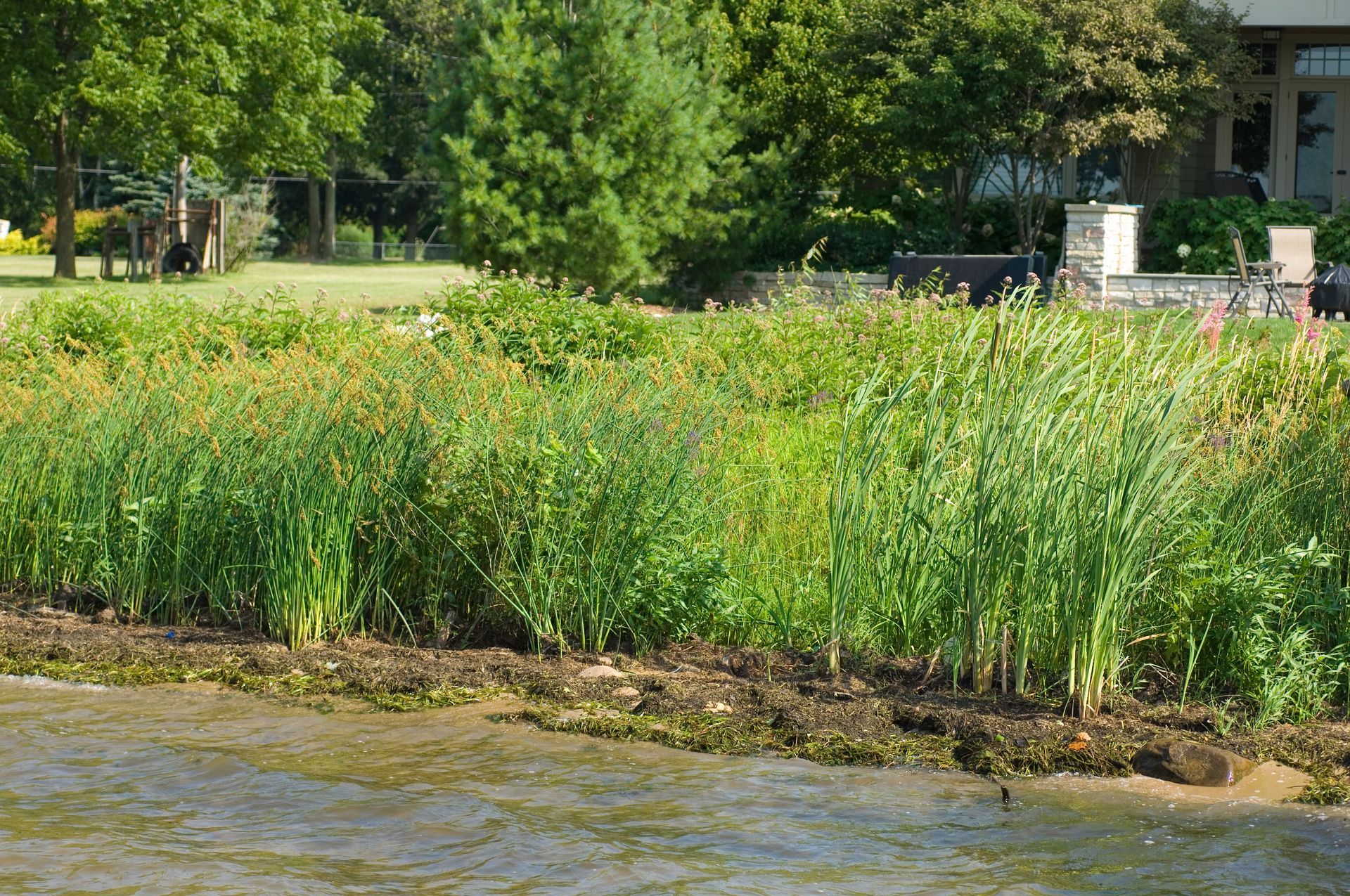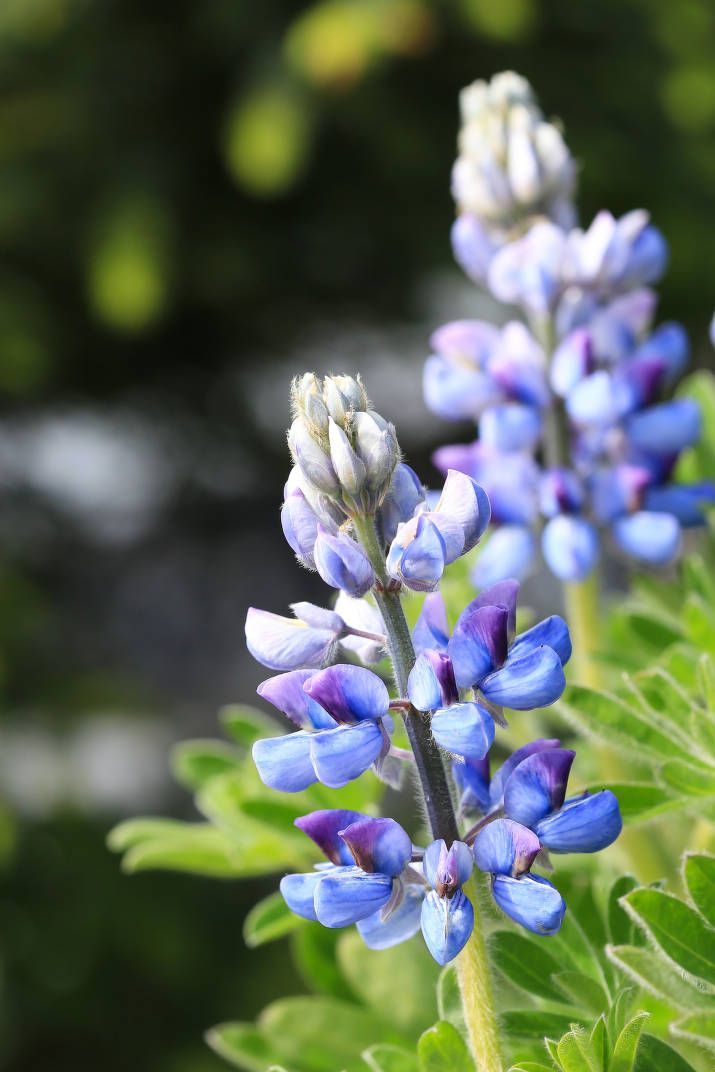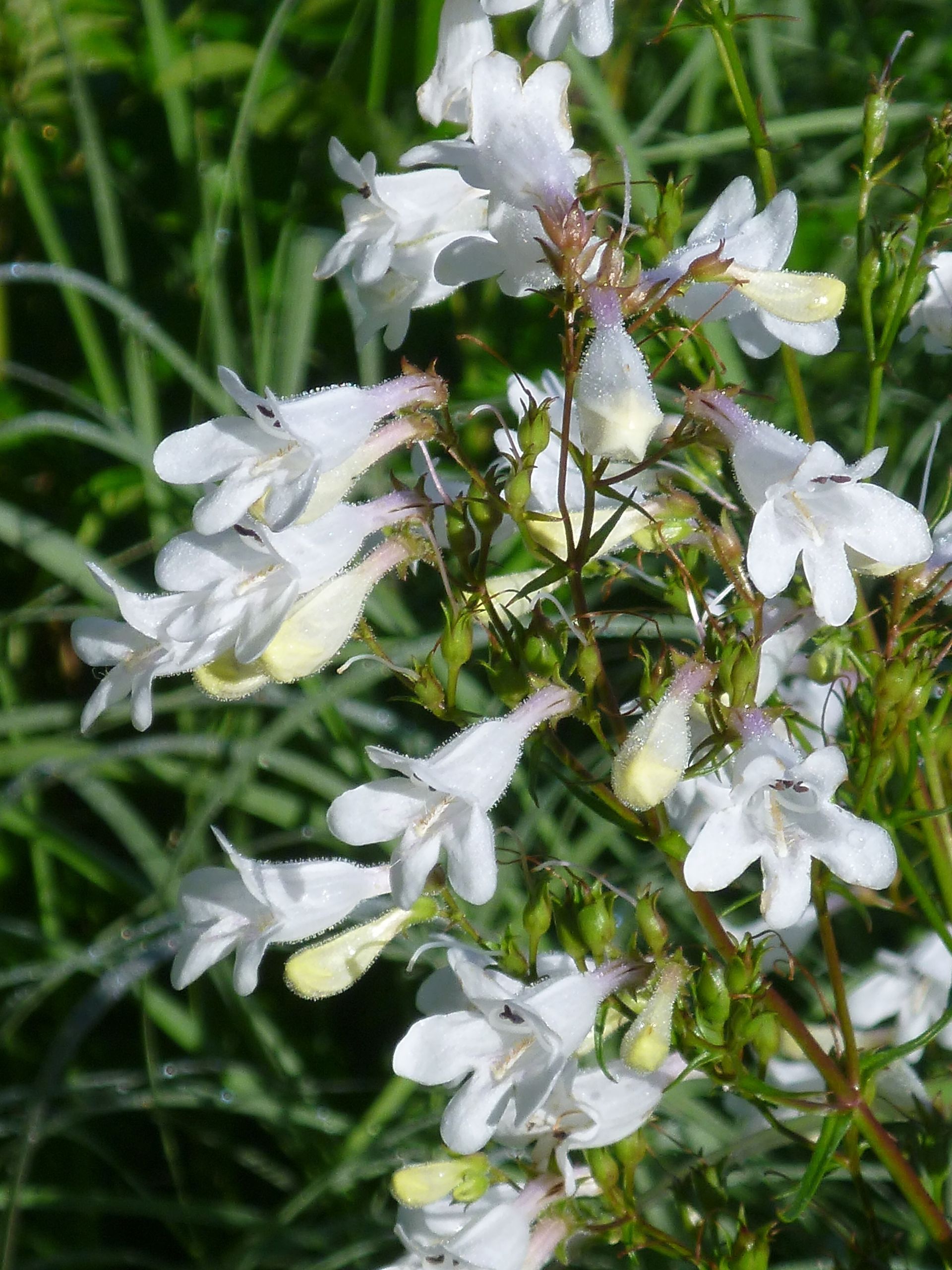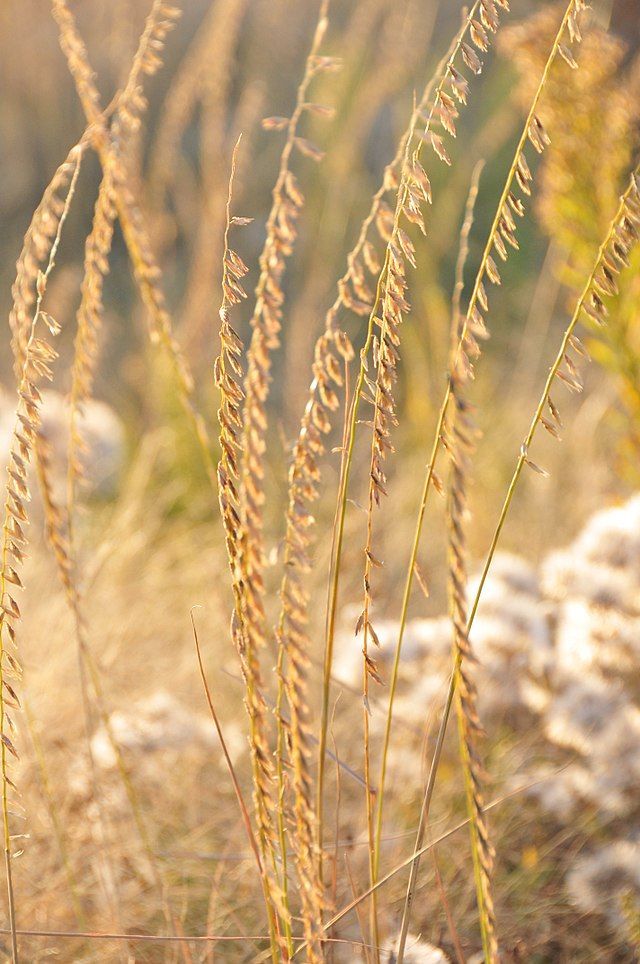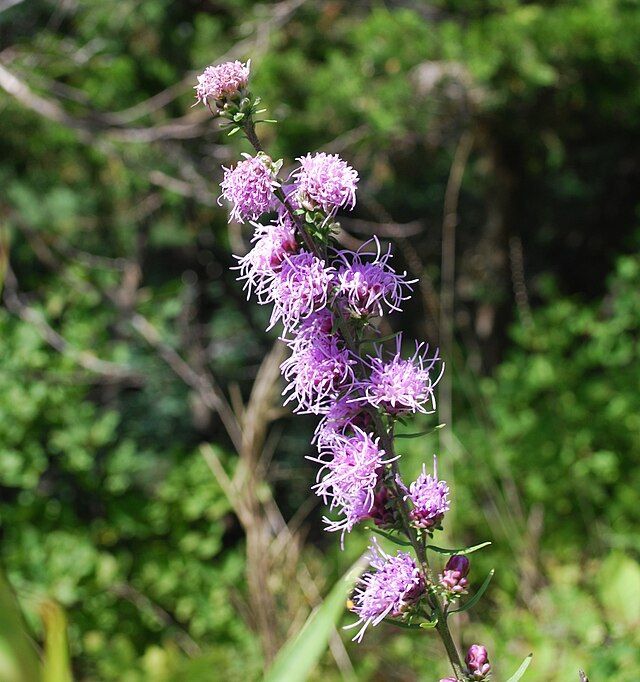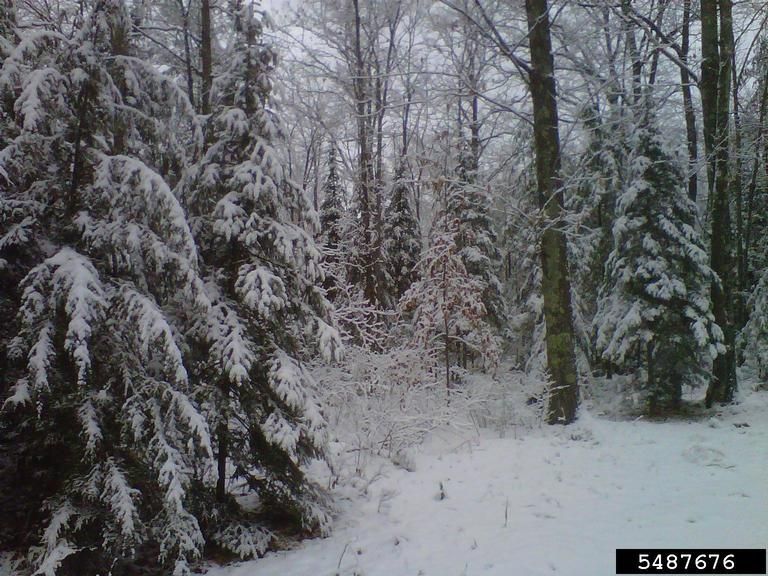This project will be a continuation of previous efforts to establish native plants for wildlife. Volunteers will meet at Pierce Cedar Creek’s research lab located at 225 W Cloverdale Rd, Hastings, MI 49058 (42.536938, -85.290895). Closed-toed shoes and long pants are recommended. This event will take place rain or shine except in the case of severe weather so please dress accordingly. Volunteers should plan to be outside for a minimum of three hours. Any necessary equipment, including work gloves and hand trowels, will also be provided. All registered volunteers will receive lunch and a free appreciation gift for their efforts. Snacks and water will be available throughout the day.

